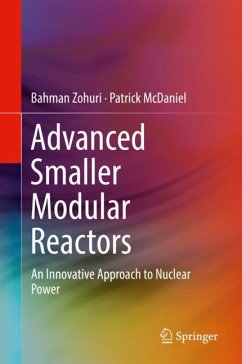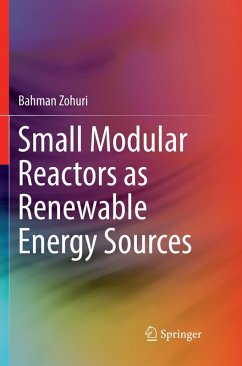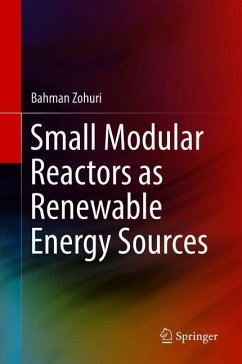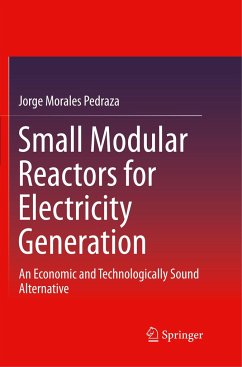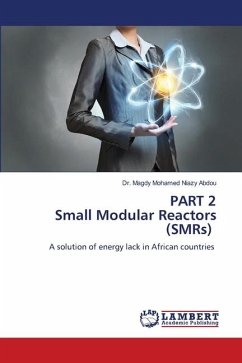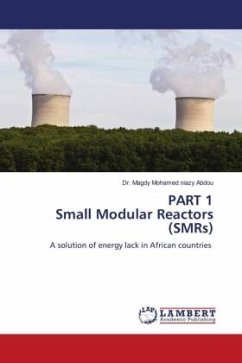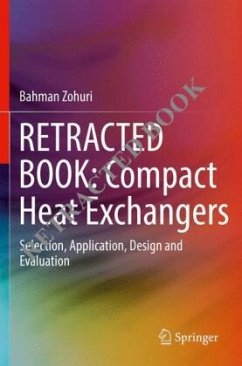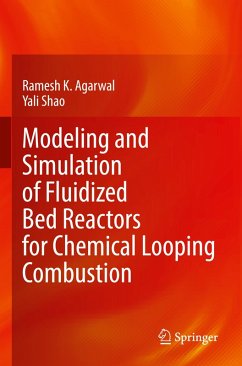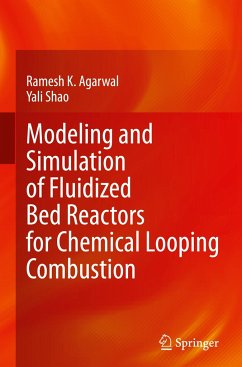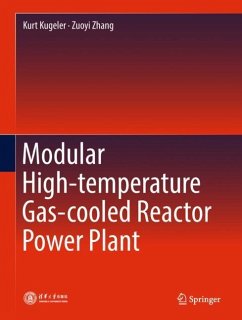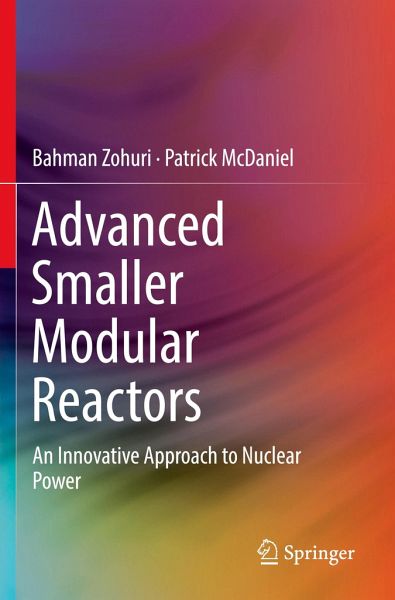
Advanced Smaller Modular Reactors
An Innovative Approach to Nuclear Power
Versandkostenfrei!
Versandfertig in 6-10 Tagen
76,99 €
inkl. MwSt.
Weitere Ausgaben:

PAYBACK Punkte
38 °P sammeln!
This book discusses advanced Small Modular Reactors (SMRs) as a way to provide safe, clean, and affordable nuclear power options. The advanced SMRs currently under development in the U.S. represent a variety of sizes, technology options and deployment scenarios. These advanced reactors, envisioned to vary in size from a couple megawatts up to hundreds of megawatts can be used for power generation, process heat, desalination, or other industrial uses. In-depth chapters describe how advanced SMRs offer multiple advantages, such as relatively small size, reduced capital investment, location flexi...
This book discusses advanced Small Modular Reactors (SMRs) as a way to provide safe, clean, and affordable nuclear power options. The advanced SMRs currently under development in the U.S. represent a variety of sizes, technology options and deployment scenarios. These advanced reactors, envisioned to vary in size from a couple megawatts up to hundreds of megawatts can be used for power generation, process heat, desalination, or other industrial uses. In-depth chapters describe how advanced SMRs offer multiple advantages, such as relatively small size, reduced capital investment, location flexibility, and provisions for incremental power additions. SMRs also offer distinct safeguards, security and nonproliferation advantages. The authors present a thorough examination of the technology and defend methods by which the new generation of nuclear power plants known as GEN-IV can safely be used as an efficient source of renewable energy.
- Provides a unique and innovative approach to the implementation of Small Modular Reactor as part of GEN-IV technology;
- Discusses how Small Modular Reactors (SMRs) can deliver a viable alternative to Nuclear Power Plants (NPPs);
- Presents an argument defending the need for nuclear power plant as a source of energy, its efficiency and cost effectiveness, as well as safety related issues.





